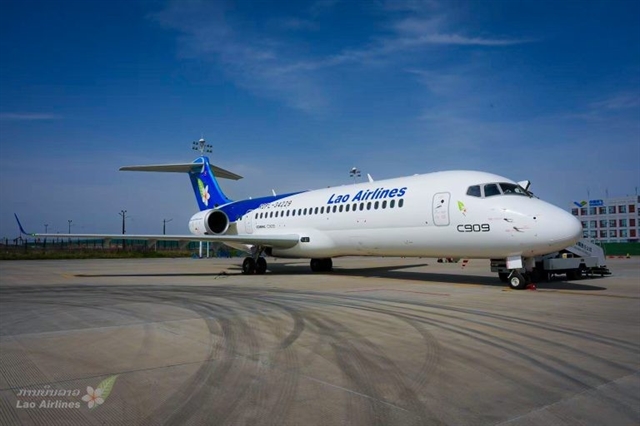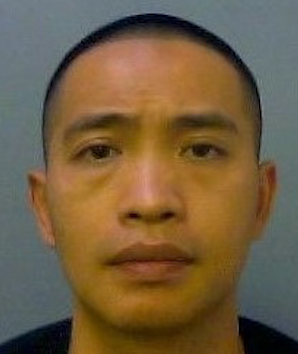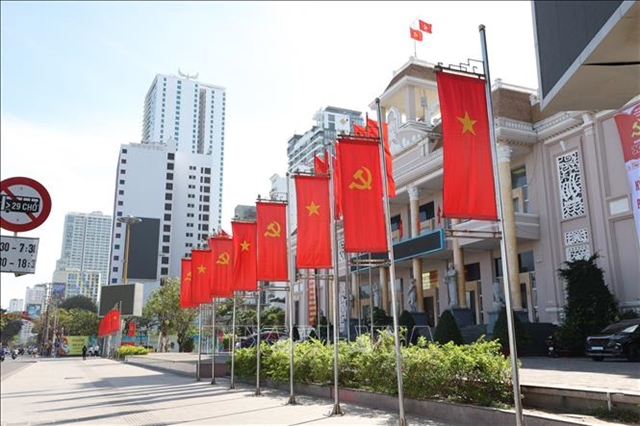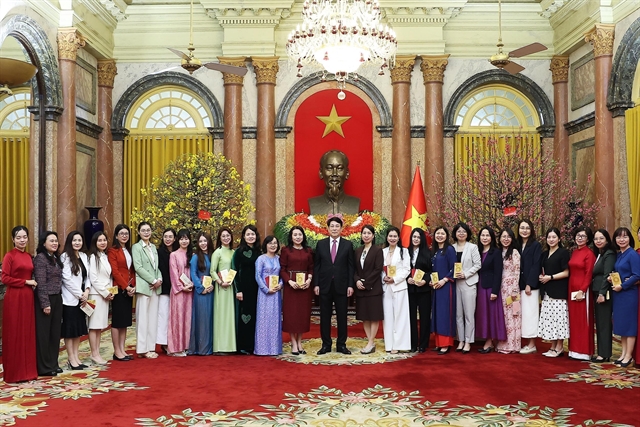 World
World
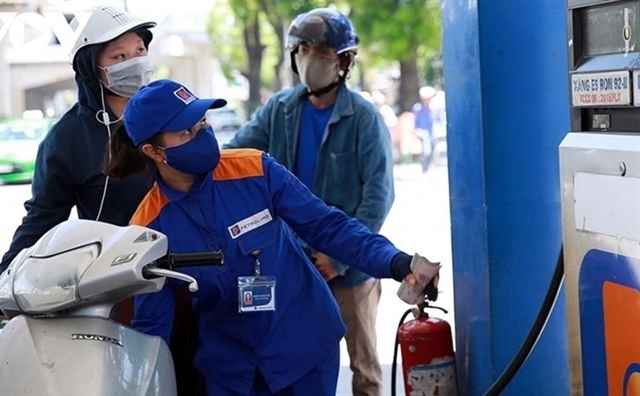
SAN FRANCISCO — The top diplomats of Japan, the United States and South Korea on Tuesday affirmed close coordination in pushing for North Korea's denuclearisation amid a standstill in negotiations between Washington and Pyongyang.
Japanese Foreign Minister Toshimitsu Motegi said after a meeting with his US and South Korean counterparts, Mike Pompeo and Kang Kyung Wha, that they agreed economic sanctions on the North should not be lifted yet in the absence of any progress in denuclearisation.
The three-way meeting in East Palo Alto, just outside San Francisco, took place after a deadline set by Pyongyang for progress by the end of 2019 passed without a breakthrough.
The three ministers "emphasised the importance of the US-ROK and US-Japan alliances to security and prosperity in the Indo-Pacific region and the world," the US State Department said, using an acronym for South Korea's formal name, the Republic of Korea.
While North Korean leader Kim Jong Un has pledged to unveil a "new strategic weapon", possibly a new intercontinental ballistic missile, Pyongyang has refrained from making major provocative moves in recent months.
Its most recent missile test was in October, the firing of what it said was a new type of submarine-launched missile into the Sea of Japan. Pyongyang also conducted on two occasions in December what it described as a "crucial" experiment at a rocket launch site, which experts believe involved testing a liquid-fuel engine for a long-range ballistic missile.
Motegi and Kang also held separate talks in an effort to resolve a diplomatic feud between their countries over wartime compensation and trade policy.
While Washington looks to maintain co-operation to deal with potential attacks, relations between its top allies in Asia have been strained since late 2018 when South Korea's top court ordered Japanese companies to pay compensation for forced labour during the 1910-45 period of colonial rule.
The court rulings drew a strong backlash from Japan, which argues that South Korea relinquished all rights to wartime claims in a bilateral agreement signed when the countries normalised ties in 1965.
The administration of South Korean President Moon Jae In says that while it still respects the agreement, it cannot overturn the decision of another branch of government.
Motegi said he repeated calls for South Korea to address the issue, though Kang did not offer any concrete solutions in the meeting. The two agreed to continue dialogue, he said.
The spat escalated in July 2019 when Japanese Prime Minister Shinzo Abe's government announced tighter regulations on key exports to South Korea.
Citing national security concerns, Japan revoked South Korea's preferential status requiring less red tape for shipments of some chemicals used to manufacture semiconductors and display panels, and later dropped the country from a "white list" of trusted trade partners.
Relations have shown signs of improvement in recent months, after Seoul suspended its decision to terminate a military intelligence-sharing pact with Tokyo, and as trade officials from the countries have begun talks. — KYODO

